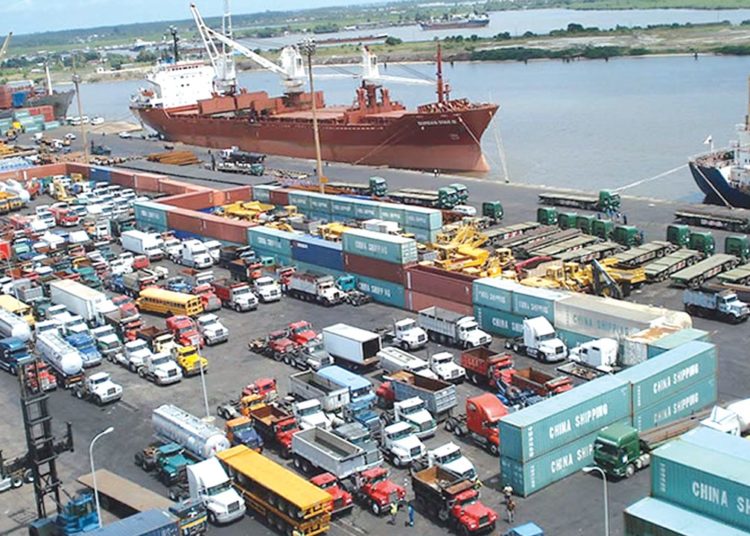Faculty member of Lagos Business School, and member of the Board of Economists, NATIONAL ECONOMY, Professor Bongo Adi yesterday said Nigeria needs to create an export-oriented economy to avoid a more serious economic crisis.
Professor Adi disclosed this while delivering the keynote address at the annual corporate social responsibility lecture of the Institute of Chartered Secretaries and Administrators of Nigeria (ICSAN) in Abuja yesterday.
Delivering the lecture themed: External Reserve Dynamics and Governance Challenges, Professor Adi said the key to growing the Nigerian economy is investment and the external sectors that produce goods and services that are exportable.
He further said politics in the current dispensation has to be political. He cited the example of the Rwandan president, Paul Kagame, who goes out to lobby international investors and give them incentives such as tax rebates, which creates jobs, grows the country’s GDP and the external reserves.
“If the external reserves increase, the country’s exchange rate will behave,” he said.
Itemizing the last of the four drivers of the economy to be policies, Adi queried the fact that 99 percent of Nigeria’s oil revenue is devoted to debt servicing, noting that there is not much one can do as president in such a situation.
He said in the past, especially between 2008 and 2009, when Nigeria’s external reserves rose to $69 billion and the value of the naira was fairly stable, it was a result of the country’s external reserve being built on prudential macroeconomic management, which created buffers against shock. That, according to the professor, dwindled between 2009 and 2014, and has continued to wobble till date.
“We do not build external reserves on consumption; it does not add value,” stressing the need to invest in the external sector.
Dr. Adi also stressed the need for the federal government to leverage on diaspora remittances, which is a major source of income for many developing countries.
He also stressed the need to invest in critical sectors of the economy, part of which the Central Bank of Nigeria is doing by investing in the Anchor Borrowers Scheme to build capacity. He however stressed the need to be strategic in such investment, as well as education in preparation to compete in the Fourth Industrial Revolution.
Citing an example of the Meiji Restoration of Japan, which targeted strategic sectors, he stated that Nigeria must build capacity to compete internationally.
He added that when the country can improve labour and productivity then there will be enough to consume locally and export to other countries, which will increase its reserves, and stabilize the value of the local currency.
Also speaking, the CEO of Emerging Africa Capital Group, Mrs. Toyin Sanni said Nigeria’s propensity to import reduces its foreign reserves, for which she said “we are all responsible.”
She added that countries have long term portfolios. “Utilizing such portfolios is the positive path that Nigerians must learn from other countries to increase social investments that would improve labour productivity.
Also, the general manager, Litigation Property and Environmental Law Department, NNPC, Mr. Rufai Khalid said one of the biggest problems with managing foreign reserves in the past was the tampering of those reserves. He said the Petroleum Industry act and the Company and Allied Matters Act are two important documents, which have been passed into law by President Muhammadu Buhari, will ensure accountability and better management in the future.
The Honourable Minister of State, Labour and Employment, Mr Festus Keyamo, as well as the president and chairman of the governing council of ICSAN, Mr. Taiwo Gbenga Owokalade had expressed appreciation and satisfaction with the strides being made by ICSAN in ensuring accountability and prudence in the workplace in Nigeria.





